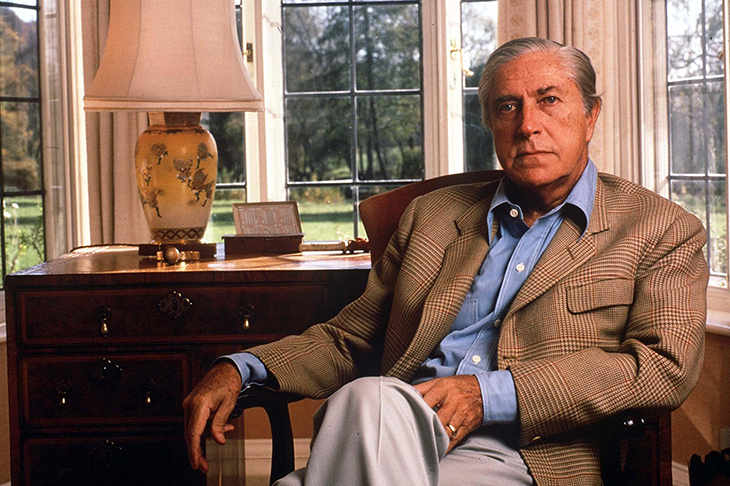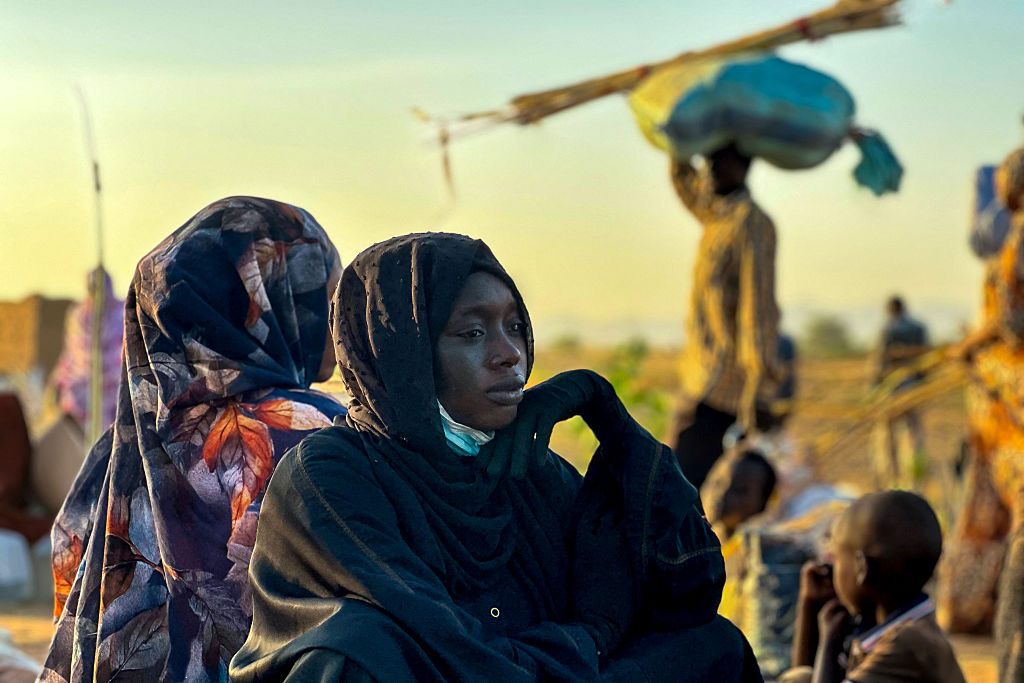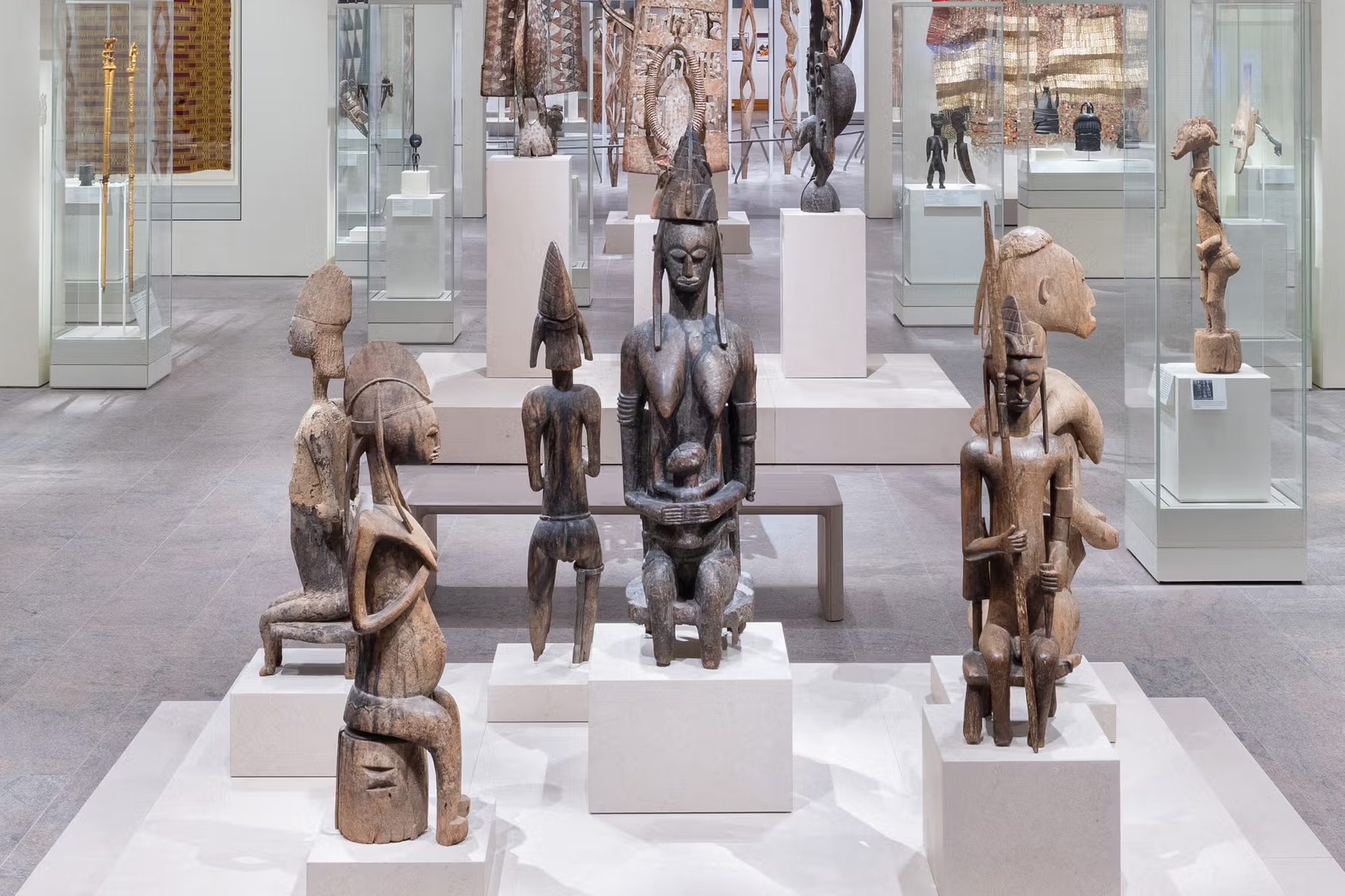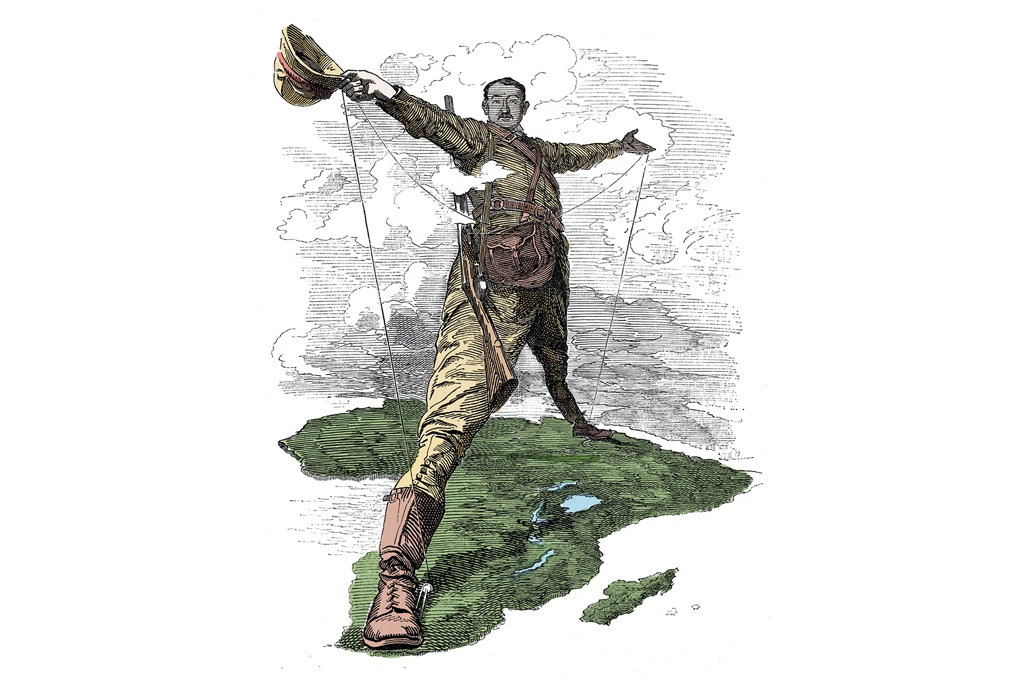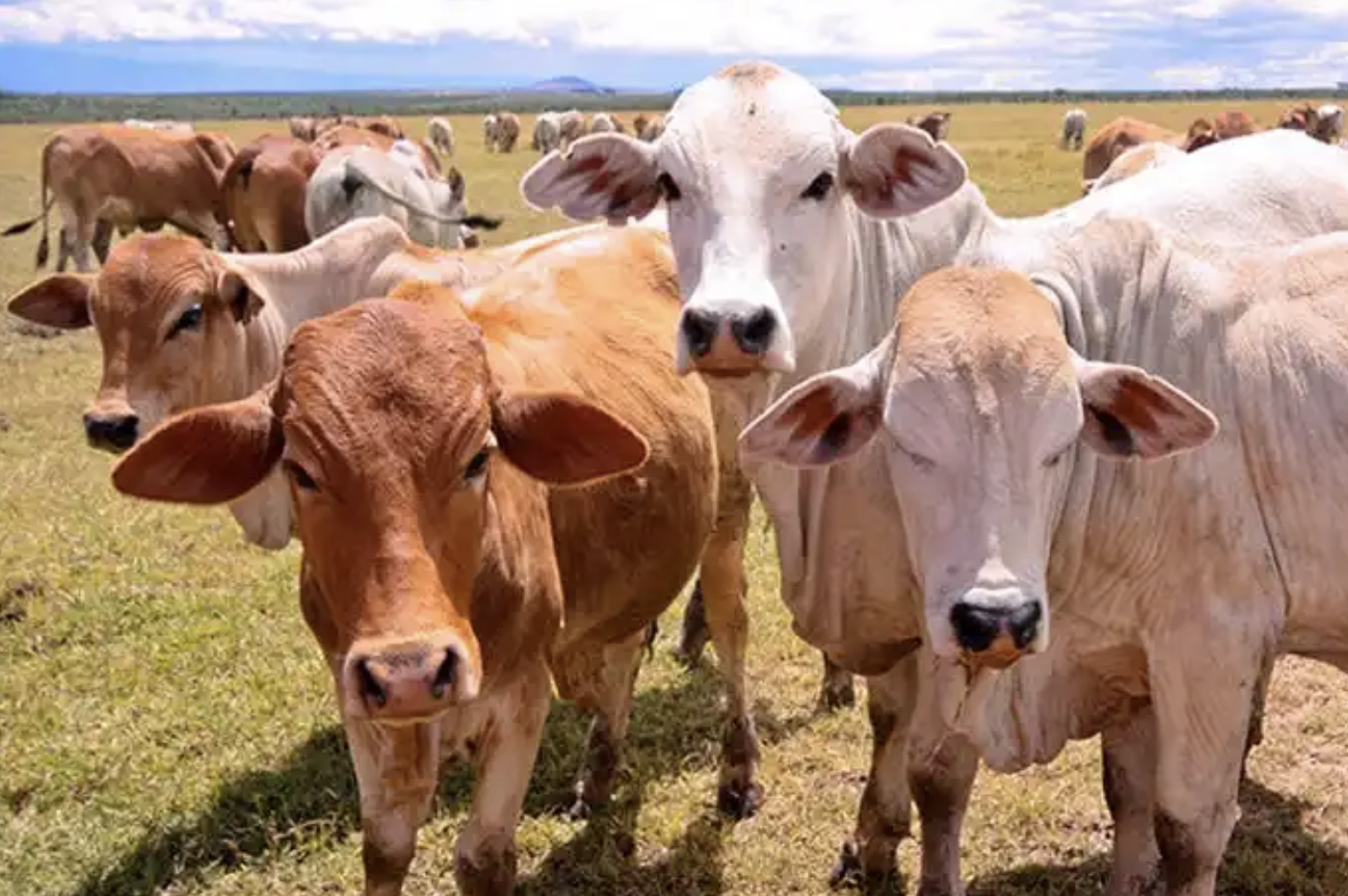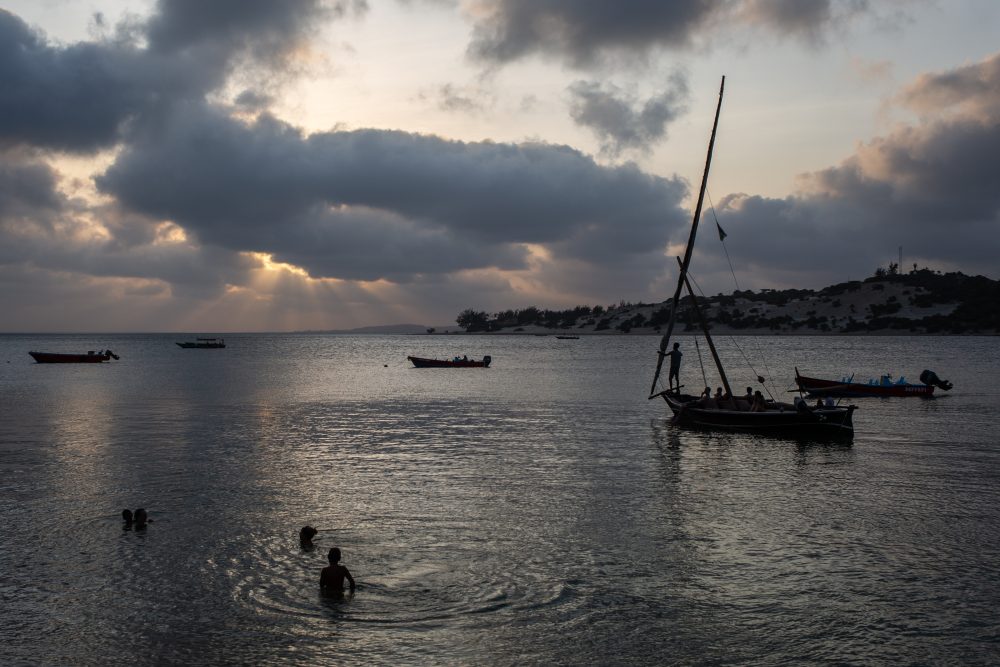Kenya
At his house on Kenya’s coast our neighbor Paul Spicer kept a photograph of himself as quite a young man stepping out with his boss Tiny Rowland, our founding president Jomo Kenyatta and 1970s MI6 chief Sir John Ogilvy Rennie (known as ‘C’). In the image they are all sharply dressed — by perhaps the same Savile Row tailor Tiny acquired to pamper his friends — and they look like the kings of the world. Edward Heath called Tiny the unacceptable face of capitalism — but I always admired the Lonrho boss and Paul was for many years his right-hand man. Naturally when you have been so successful you’re going to make a few enemies, but as Tiny so wisely said, ‘I don’t know why he hates me so much — I never did him a favor.’
Paul was retired and quite elderly when we got to know him and June his wife, who had grown up on an upcountry tea farm in Kenya and was one of the kindest people I ever met. Large in girth and sporting shorts as huge as white spinnakers, Paul would sail down the beach towards us during our evening walks and invite us up to their house for cocktails while our children took swims in their pool. Out would come the gin and on went the loud jazz music as the sun went down over the Indian Ocean through the coconut palms.
June’s mother had bought all the beach land here in the 1940s when it was wild jungle, and at the end of the war she had erected an old RAF Nissen hut full of asbestos and aluminum on the sand. In 1965, she sold my parents a bit of the beach next door and we are still there. At some point Paul knocked the Nissen hut down and built a magnificent yet simple home. Whenever I walk past it I still have happy memories of these people who had led such very different lives from Claire and me and in different times. In some ways we had nothing at all in common. ‘Cash is king,’ Paul told me. He had plenty and I’ve never had a bean, being a lowly hack and farmer — but we became very good friends.
Paul wrote a good book about Alice de Janzé, a beautiful, crazed American woman who lived in Kenya’s Happy Valley days. He also had some fantastic tales about an uncle who was a lover of multitudes of women and perhaps the father of scores of children. And finally he told me many stories about Tiny Rowland on his exciting adventures across Africa, his feud with Mohamed Al-Fayed and so on. But despite my best efforts to persuade him to compile these into book form he vowed never to do so.
In some ways his story would have been a superb biography of Africa between decolonization and the 1980s, because at one time Tiny was among the most powerful businessmen in Africa. In many countries you could hardly find a hotel, buy a tractor or pass a mineral concession without seeing the Lonrho name. Apart from his Savile Row tailor, Tiny bought a shoemaker that had the lasts — those hardwood and metal shapes of the human foot — to fit the feet of many African leaders. Whenever a presidential contact landed in London, Tiny would persuade him to go and have a fresh suit and shoes measured and then after that come and join him for lunch.
The world might have changed since then and today that sort of behavior would have landed Tiny in trouble, but it would have made a great book. Dear June died some years ago. Paul spent less time in Kenya and elegantly faded away in Dorset. He finally went last week, thin enough now in very old age for his body to fit into the Coldstream Guards uniform he’d worn as a young blood.
This article was originally published in
The Spectator’s UK magazine. Subscribe to the US edition here.



